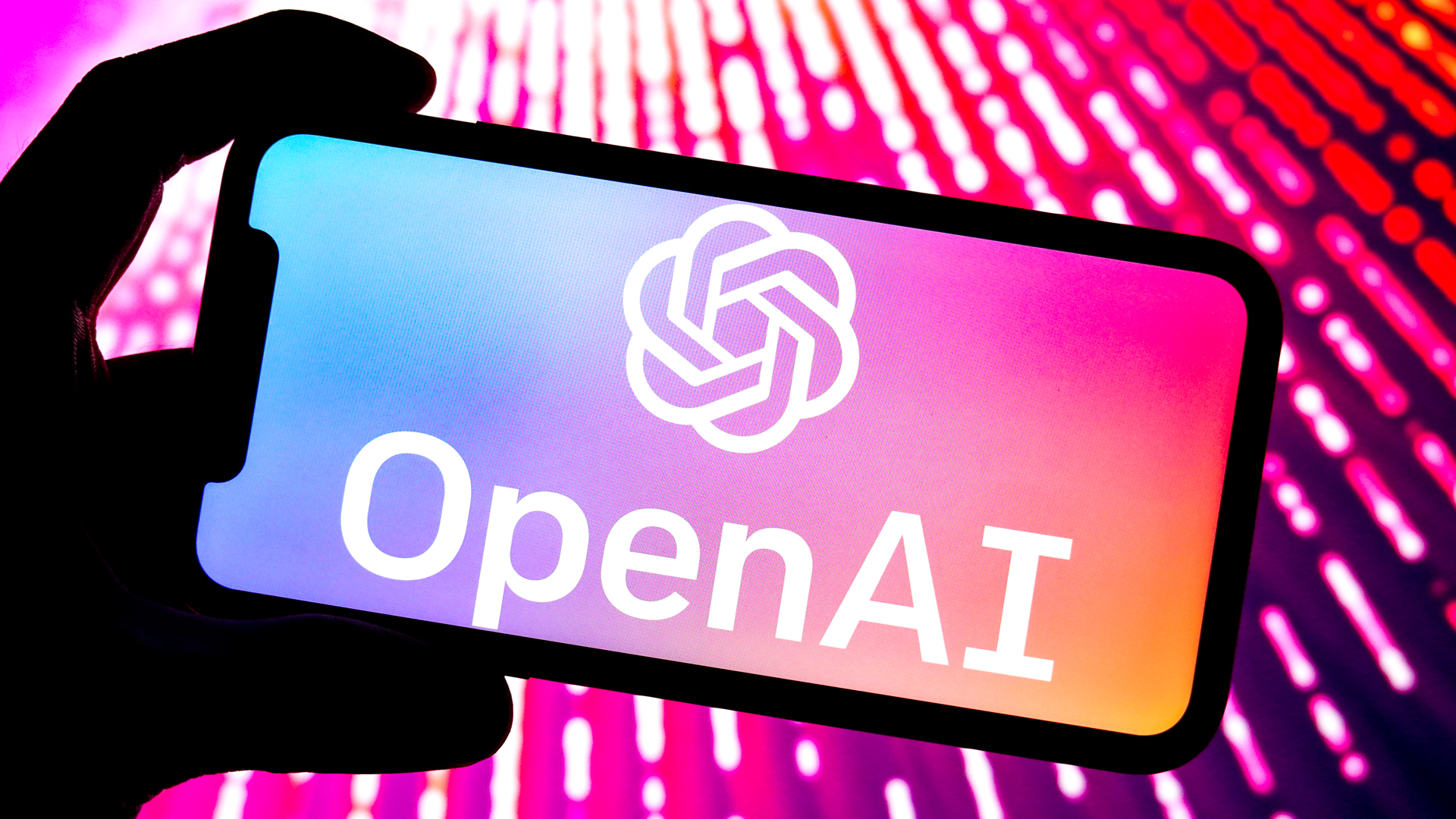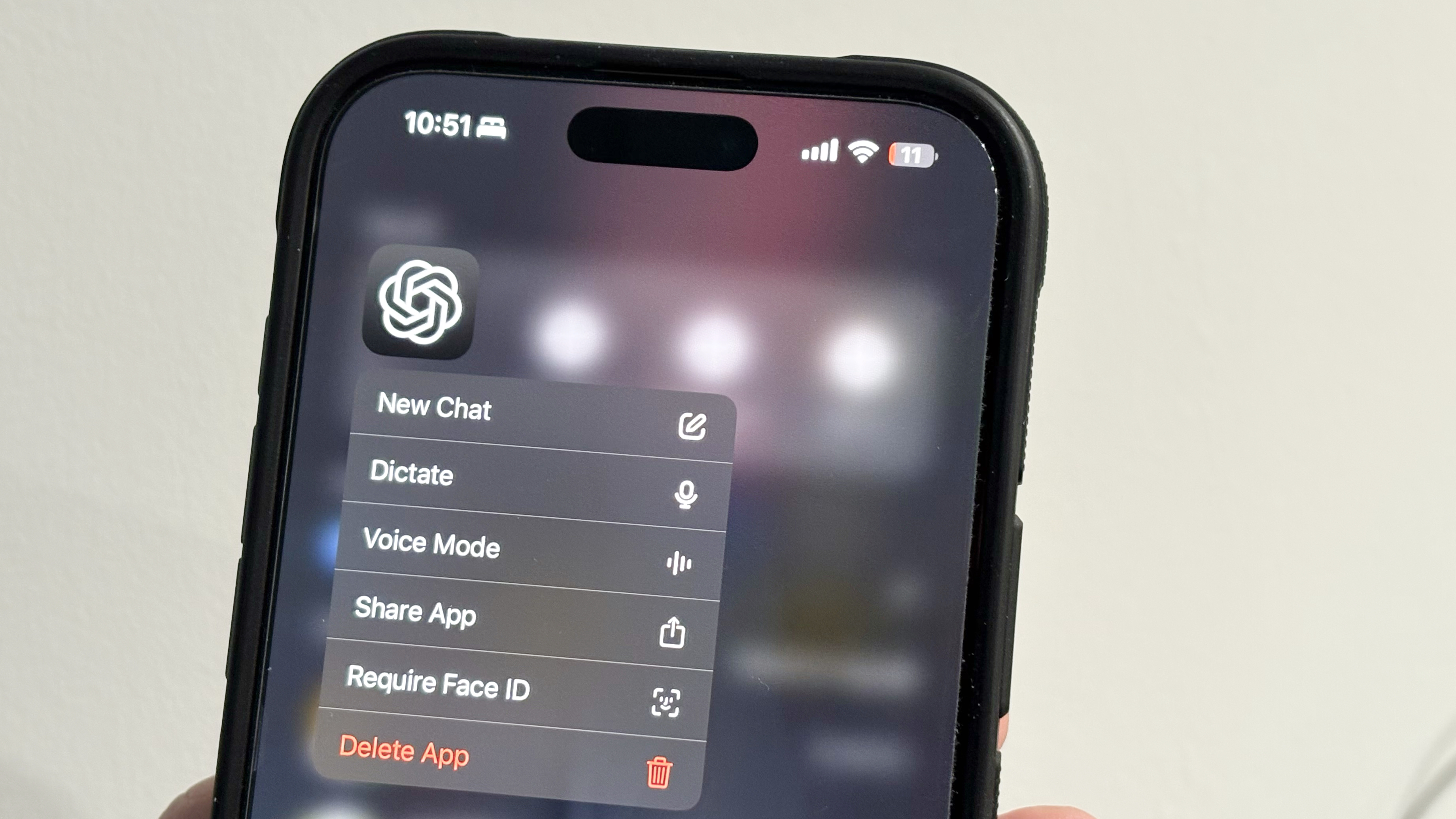If you’ve managed to steer clear of ChatGPT all this time, just know you might be using an OpenAI AI model soon without even realizing it.
OpenAI unveiled a new suite of models aimed at developers looking to embed some AI into their software. The GPT-4.1, GPT-4.1 mini, and GPT-4.1 nano models might not declare themselves, but they seem purpose-built for subtle inclusion in other products.
These aren’t the chatbots you open for conversation and then close after getting your trivia question answered to go back to your email inbox. These models power your inbox, to-do list, or budgeting app. They could fuel a recipe manager and adjust ingredient portions for any last-minute additions to the dinner party.
What makes GPT-4.1 and its smaller, slightly speedier siblings different from past releases is that it is explicitly designed for developers rather than for developers in addition to a role with ChatGPT. These are workhorse models optimized for instruction-following, coding, and reasoning from vast chunks of information.
That means they are very good at doing exactly what you tell them to do in a format familiar to any software developer. OpenAI also boasts about its speed and cost relative to its power, making it even more enticing for developers with an ingenious app idea but limited resources.
OpenAI has ideas about apps getting much smarter thanks to its models and the clever way developers can deploy them. Picture your expense tracker automatically and accurately, immediately categorizing purchases or your notes app, producing a summary of everything that happened during a particularly chaotic day at work. Your photo editor might offer captions that don’t sound like they were written by a robot or at least like a robot that has spent some time around people.
This is AI as infrastructure – not a product, not a personality, but a quiet presence that makes everything run smoother and better.
OpenAI inside
We’ve seen glimmers of this before. Gmail’s autocomplete, Photoshop's image suggestions, and other tools have plenty of AI underlying their features. However, what OpenAI is semi-obliquely promising with GPT-4.1 is that plugging AI into an app will be easy, fast, and cheap.
Of course, relevant questions are raised about whether users should be alerted about the AI model since they might consciously avoid it in its more visible form. Plus, the usual privacy questions about apps get more complex with AI involved. If your grocery app starts predicting your purchases before you search, is that convenience or surveillance?
Many apps might never tell you they’re using GPT-4.1 under the hood if they don't have to, especially if it’s just powering something like a search function or summarizing your reading list. There’s a good chance millions of people will be using OpenAI models every day without ever realizing it, for good or ill.
Broad adoption of the models by developers might actually help with public acceptance. If AI is more like a utility and not an in-your-face feature, people might be more comfortable with it. It could be like Wi-Fi.
You don’t think about the Wi-Fi noting your location when you check the weather; you simply expect it to work. AI moves from spectacle to plumbing, annoying when it fails and invisible when it works.
That also means who we define as an AI used will change. Instead of someone who opens ChatGPT or Midjourney, an AI user will just be someone using an app, like how everyone using an app is technically a software user.
For OpenAI, there's also a possible shift in power in their favor. By moving away from direct engagement and toward app integration, you’re ultimately relying on OpenAI whether you signed up for ChatGPT or not. Smarter tools are often more helpful, less annoying, and better at dealing with whatever task they're assigned.
But it also means more of your digital life will be shaped by a handful of foundational models operated by companies that aren’t always transparent about how those models are trained, what data they’ve consumed, or what they might get wrong.
So, if you’ve been proudly avoiding AI tools, get ready to either massively extend your list of software to avoid or be prepared to parse some user agreements to check for GPT-4.1's quiet reshaping of your digital world.
You might also like
- ChatGPT's memory upgrade might just be the biggest AI improvement we see all year
- Will Adobe's AI agents cause the death of creativity?
- I refuse to jump on ChatGPT’s Studio Ghibli image generator bandwagon because it goes against everything I love about those movies


